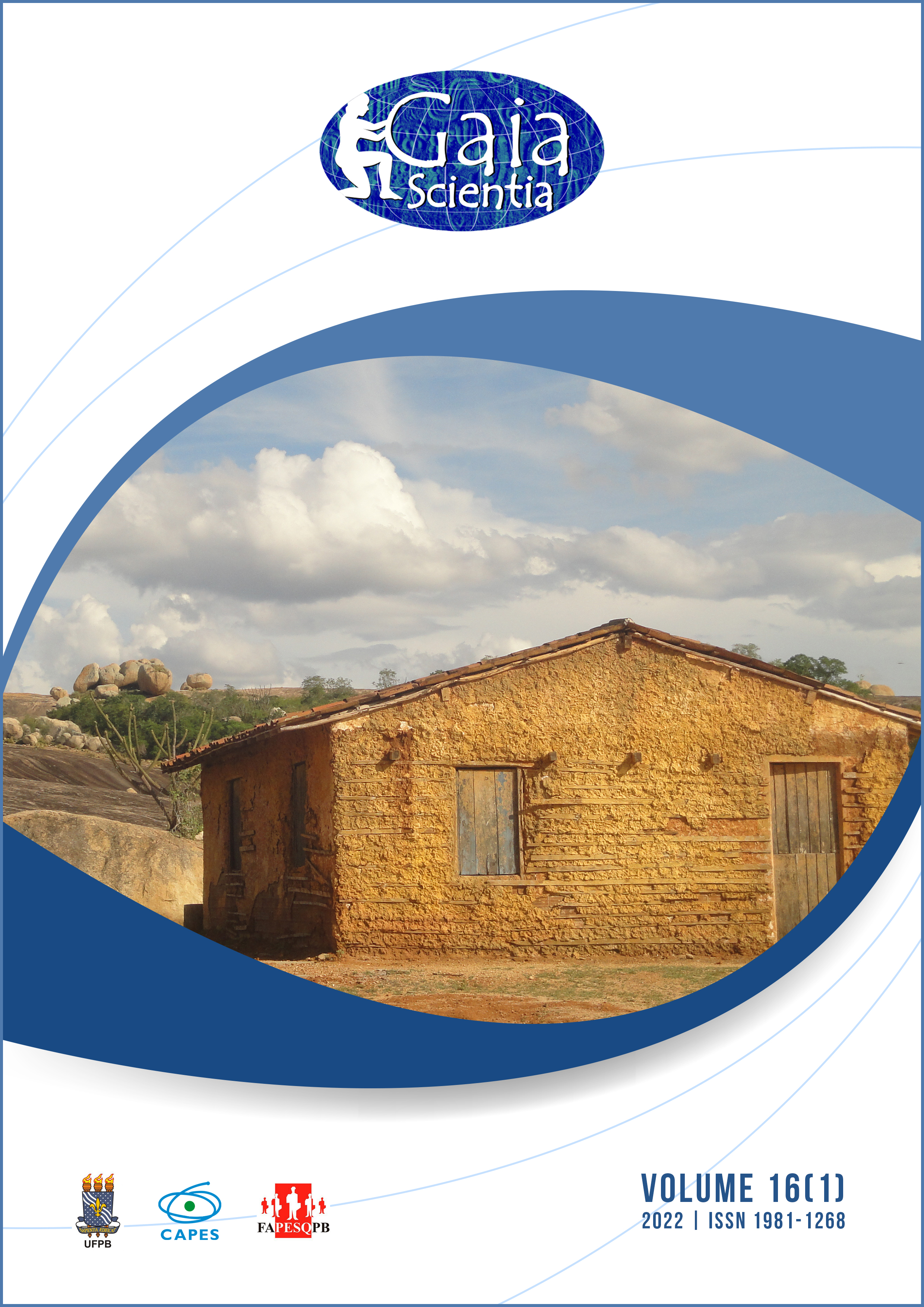Analysis of association between dengue incidence and rainfall in the Metropolitan Region of Cariri, Ceará
DOI:
https://doi.org/10.22478/ufpb.1981-1268.2022v16n1.61267Abstract
Rainfall contributes to an increase in the incidence of vector-borne infectious diseases, such as dengue. In the Metropolitan Region of Cariri (RMC), Ceará, Brazil, dengue is a recurrent problem. This paper aims to analyze the relationship between the incidence of dengue and rainfall in the RMC. Correlation analysis was executed between rainfall and dengue time series in RMC municipalities with the sample Cross-Correlation Function (CCF). The modeling was performed by Generalized Linear Models (GLM). Metrics such as deviance, AIC and BIC, and residual analysis were applied to assess the fitness of the models. The predictability of the models was evaluated with the Root Mean Square Error (RMSE) and the Mean Absolute Error (MAE). As a result, a significant correlation was identified between rainfall and dengue series for most of the municipalities. The best model used rainfall and dengue time lags as explanatory variables, obtaining RMSE and MAE equal to 8.04 cases/100,000 inhabitants and 6.52 cases/100,000 inhabitants, respectively. The understanding the relationship between rainfall and the incidence of dengue supports decision-making in public health and contributes to sustainable regional development.










